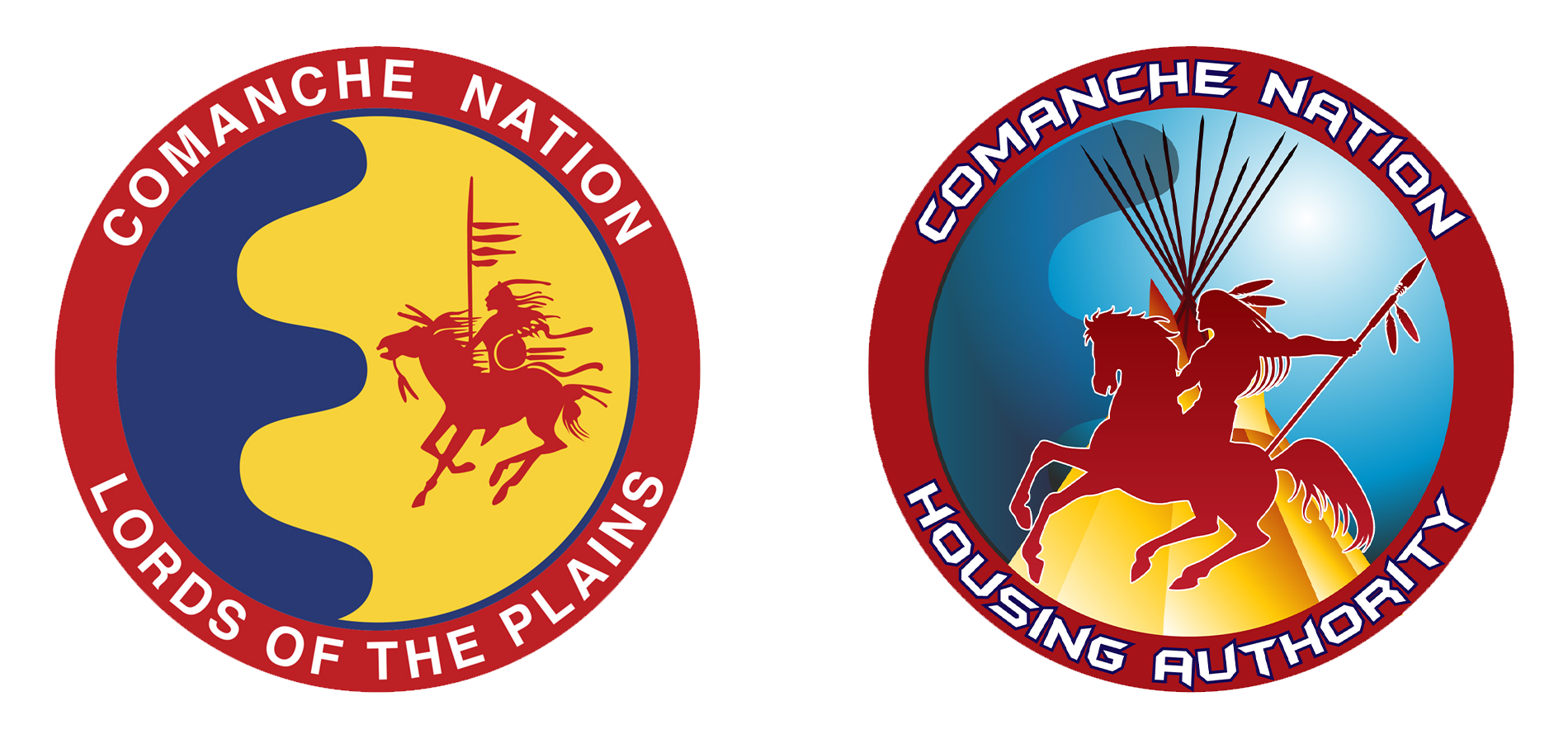By Nora Sovo
The unemployment rate for Native Americans continues to decrease at a much slower rate compared to the national average, and the ability to work from home may be a leading factor. Those who suffer from substandard, overcrowded or disadvantaged housing conditions potentially lack the adequate resources to sustain a remote job.
The U.S. Bureau of Labor Statistics (BLS) reported in August that the labor market was showing signs of steady growth, yet the unemployment rate for Native Americans was among the highest at 4.9 percent, an entire percentage point higher than the national rate of 3.8 percent.
At the peak of the pandemic, the BLS also found that Native Americans worked remotely at a rate of 8 percent lower than that of white workers. Fast forward to 2022 as the nation is working towards its economic comeback, Native American remote workers are still found to be 2 percentage points behind that of white workers.
Earlier this year, our team at Comanche Nation Housing Authority (CNHA) surveyed over 100 of our tribal members and noted that over 60 percent are met with overcrowded or substandard conditions.
“One of the biggest problems facing our tribal Nation is overcrowding,” said Russell Sossamon, executive director of CNHA. “An overcrowded home can have a domino effect on almost every area of one’s life, impacting work, financial stability, health, education and more.”
Remote work requires privacy, space, strong internet connection, reliable phone service and more. Meeting these requirements is directly dependent on an adequate and sustainable home. “Work from home requires a home for work,” said Sossamon. “Without access to the resources, support and affordable inventory to combat overcrowding, our Nation will continue to get left behind.”
If remote work becomes more accessible to Native Americans, it could serve as a solution for those tribal Nations striving to preserve and strengthen their culture and communities. Many tribal members leave their communities to access career opportunities. The work-from-home model can offer tribal members an opportunity to stay within their communities to strengthen culture between generations, while still furthering their careers.
“The solution for accessibility starts with the home,” said Sossamon. “Which is why our team is striving to serve as many of our tribal members as possible, with the limited funding we are allotted, across our six housing programs.”
We have six housing initiatives to help enrolled Comanche Nation members improve their living conditions in effort to promote improvement in other areas of life. Our affordable housing initiatives have supported tribal members in becoming homeowners, overcoming homelessness and achieving stability to pursue education and career opportunities while staying within their communities.
Our programs include the rental program, student housing program, homeownership lease purchase program, home improvement program, elder home rehabilitation program and down payment and closing cost grant program. We currently serve seven counties, including Caddo, Comanche, Cotton, Kiowa, Tillman for federal grant programs and in Stephens and Grady for the elder and home improvement programs.
To learn more about CNHA’s housing initiatives, call 580-357-4956 or visit www.comanchehousing.com.

